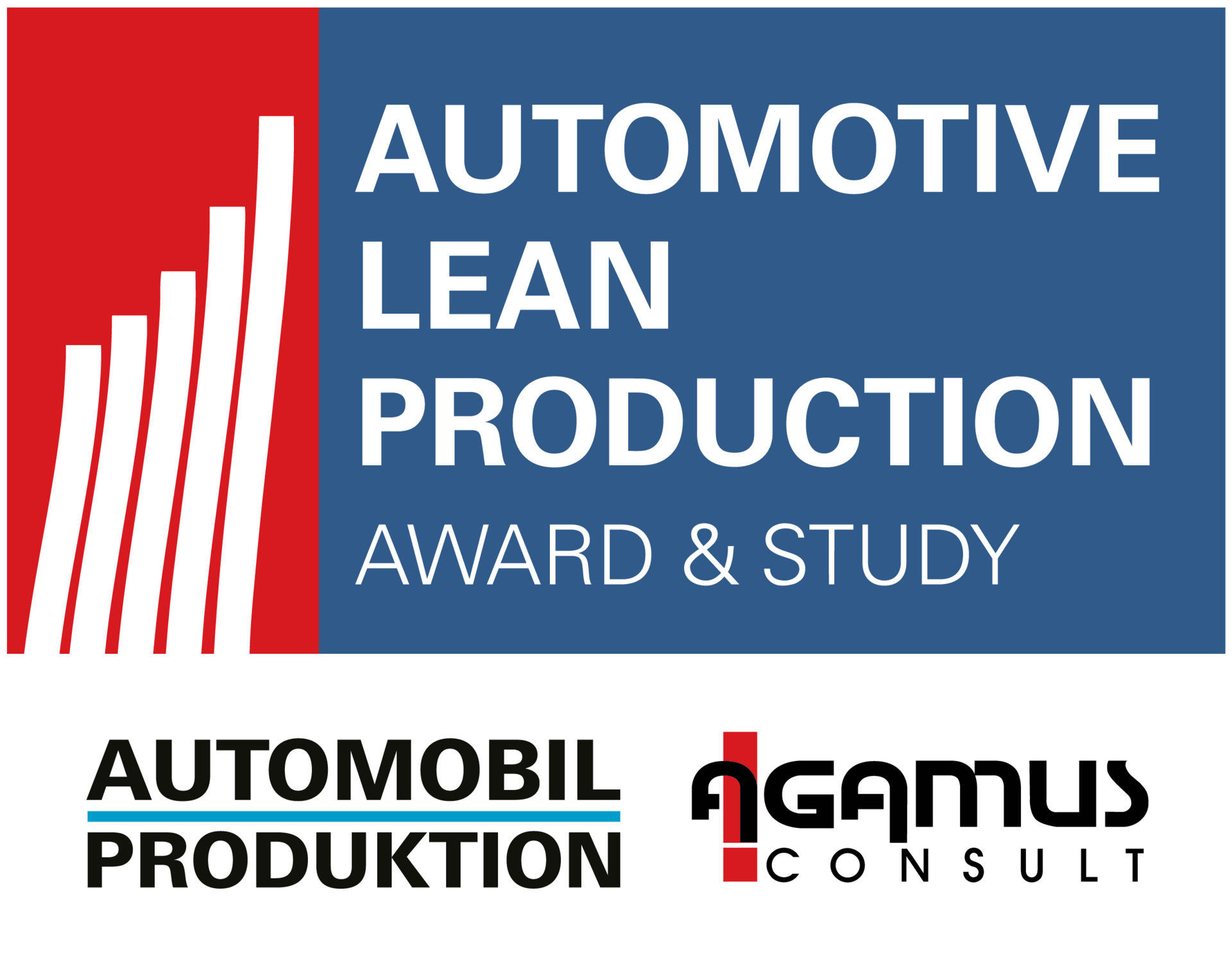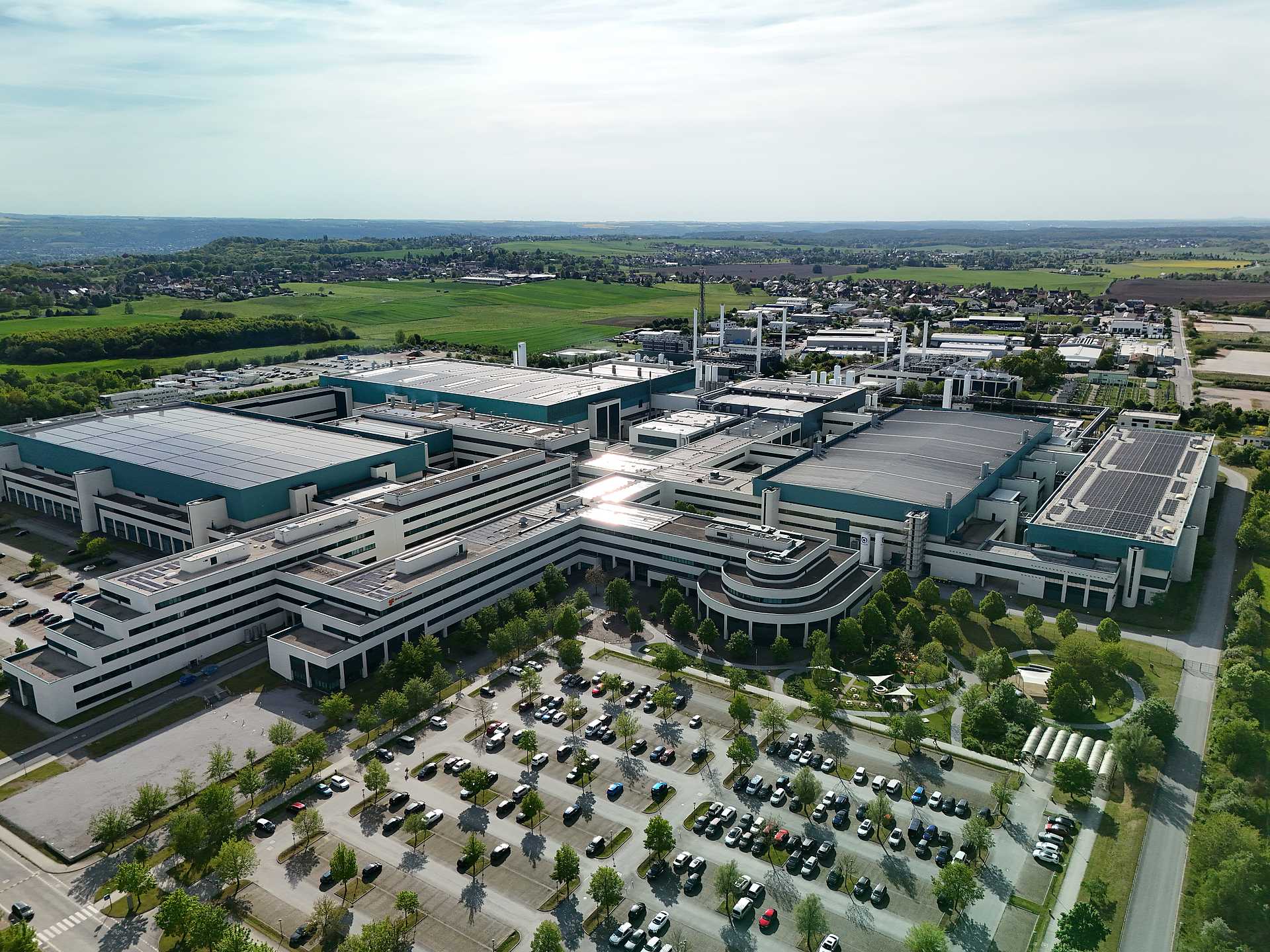Statement of the jury
The site in Dresden (Fab 1) of GlobalFoundries is experiencing strong growth since the semiconductor crisis in 2020. In the automotive industry, Fab 1 was able to significantly expand its activities to over 25% and, thanks to its extensive portfolio, high quality, and local production, has become a leading supplier of semiconductor technologies for the automotive industry in Europe within just a few years.
With growing involvement in the automotive sector, demands on quality, process stability, and delivery reliability have also increased. The high standards of the automotive industry have presented GlobalFoundries with new challenges, which the company is addressing with targeted measures and investments. A decisive factor for success is the early detection of potential disruptions in production. In semiconductor manufacturing, throughput times of up to 90 days are very long. Accordingly, late detection of problems in the production process has a critical impact on costs and on-time delivery. To make matters worse, rework is hardly possible. GlobalFoundries relies on a comprehensive, automated Line of Defense (LoD) strategy – from LoD0 to LoD4 – to identify and resolve problems.
At the heart of the digitized “Line of Defense Strategy” is the FDC (Fault Detection and Classification) process for the early detection, evaluation, and targeted prevention of potential process deviations in manufacturing. The production process, which is approximately 98.5% automated, is continuously monitored by a closely networked sensor system for each plant. The sensors record statistical deviations, which are then analyzed and interpreted using time series analysis and artificial intelligence (AI). The aim is to identify anomalies at an early stage and, if necessary, initiate standardized countermeasures before the next process step. Early fault detection at the tool and plant level has more than doubled since the system was introduced. Artificial intelligence now also allows subtle deviations in trace data to be reliably identified. Based on this data, a specialized team at GlobalFoundries develops digital problem detection fields and individually customized intervention limits for each process step. All recorded data is stored in a cloud environment, where it is available for further analysis and optimization.
The insights gained from the LoD framework are also incorporated into Design for Manufacturing (DfM), which aims to improve the robustness of chips against process variations. In addition, this information has been integrated into production control, enabling the implementation of Preferred Tool Path (PTP) – orders are manufactured using the most suitable tool in each case.
Thanks to the processes and systems implemented, Fab 1 was able to reduce non-quality costs by more than 60%. In addition to a significant improvement in KPIs such as plant yield and customer feedback, a positive contribution was also made to environmental sustainability.
With the introduction of the “Line of Defense” strategy, GlobalFoundries is not only strengthening its process reliability, but also underscoring its claim to be a leader in innovation in semiconductor manufacturing—especially regarding the high-quality requirements of the automotive industry. The Line of Defense strategy has been an integral part of employee training at the Dresden site since 2021, forming the basis for a common understanding of quality, responsibility, and digital excellence in manufacturing.
For this outstanding achievement in the digitalization of an “early warning system in semiconductor manufacturing” and its successful implementation, GlobalFoundries Dresden receives the Automotive Lean Production Award 2025 in the category Digital Use Case Supplier. Congratulations!
The plant
The plant in Dresden (Fab 1) is well known for its modern production facilities and its diverse applications in the semiconductor industry. Through the years, it has specialized in various products, including GPS and radar chips, audio converters for smartphones, Driver chips for OLED displays and electronics for speech recognition systems. In the future, chips from Dresden will be increasingly used in the automotive industry to improve safety through the latest technologies.
Congress organisation
phone +49 89 44 388 99 22
lean.award(at)agamus.com

